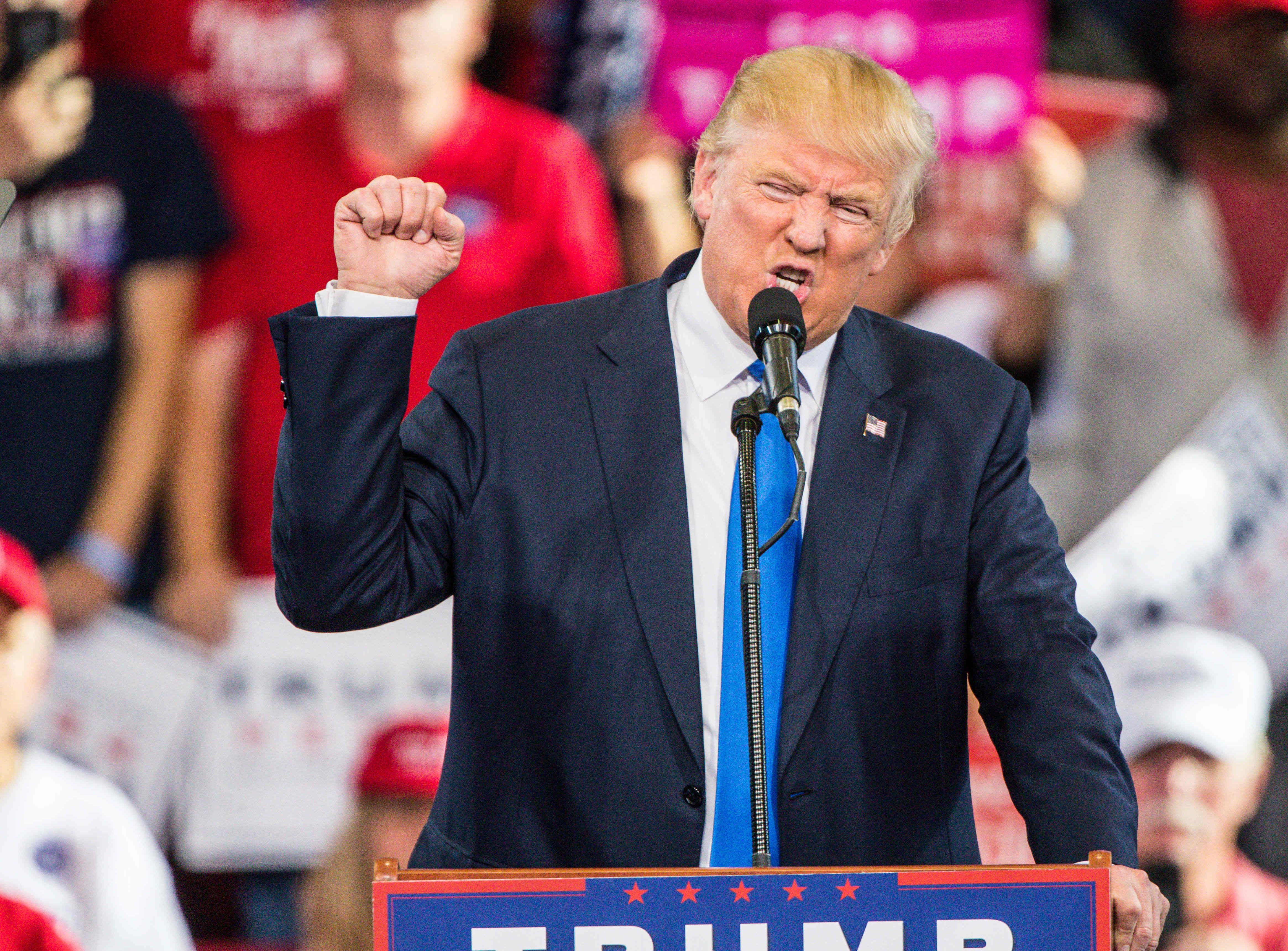KU American exchange students faced problems with absentee voting confusion in the presidential election, with some being unable to vote because their overseas ballots arrived in the UK too late.
The United States’ Federal Voting Assistance Program (FVAP) said that they were making an effort to make the absentee voting process easier to navigate.
“We know that voters might not receive their absentee ballot from their state, or they receive their ballot too late and can’t return it in time to be counted,” said Katherine Roddy, a public affairs specialist at FVAP. “This is why we encourage voters to take action early.”
Statistics on the FVAP website showed that in the 2014 midterm elections, 30 per cent of overseas voters did not do so, due to issues with absentee voting.
“Because the States administer elections, we don’t have registration or participation rates or numbers of ballots submitted for the 2016 presidential election,” Roddy said.
Students said that there was poor guidance from their Board of Elections offices as to where to send their completed ballots once they received them, if they received them at all.
One student commented anonymously on a survey: “After waiting and not receiving my ballot, and with barely more than a week to spare, I had to repeatedly email my Board of Elections to ask them what the issue was. They did eventually correct the issue and send me a new ballot. I probably sent it in just in time.”
The response team at USAGov said that they were “sorry to hear comments regarding the possibility of students abroad having issues with voting by absentee ballot”, and offered resources on absentee voting from the USA.gov website.
Exchange students now fear what Trump’s presidency will mean for their home country, the majority who did vote having opted for Hillary Clinton in this election.
The students, who will finish their UK studies and return home at Christmas, have described their fears for their friends and families, as well as for themselves.
“I worry for my own safety when I get back home,” said Geneva Turner, an exchange student from SUNY New Paltz in New York State, who is studying drama this term at KU. “As a queer female survivor of sexual assault this election is particularly triggering for me.
“I fear for my close friends of colour, my friends in the LGBTQIA+ community, all of my female friends, and my friends with disabilities.”
Other concerns voiced by exchange students were of change in access to healthcare, including closure of clinics such as Planned Parenthood, and an influx of racism and misogyny in the States.
“As an African American woman, I believe this election will affect me in a multitude of ways,” said exchange student Cheyanne Martin, who studies political science in California.
“Donald Trump has spoken of bringing back unconstitutional projects such as stop and frisk, stopping people who ‘look’ like they ‘could’ be a criminal. Stopping people who look like my brother.”
In a ‘Why did Trump win?’ discussion organised by the Socialist Worker’s Student Society (SWSS) at KU, SWSS speaker Lewis Nielsen said that whilst Trump has won the election, only 25 per cent of eligible voters in the US voted for him.
According to estimations by the US Elections Project, 56.9 per cent of those eligible to vote did, with around half of those casting their vote in favour of Trump.
“I understand why people are worried,” Nielsen said. “What Trump wants to do to immigrants, to LGBT people and so on, is absolutely shocking.
“What I will say though is that I’ve been really cheered by the protests that have happened so far since the election. Black people, LGBT people, Latino people, women and so on protesting against him. It’s not the democrats that are going to stop Trump, it’s the ordinary people on the street in the US.”


Hillary Clinton won the election by over 2,000,000 votes. Many states’ election tally’s are being re-counted as I type. This election is FAR from over.